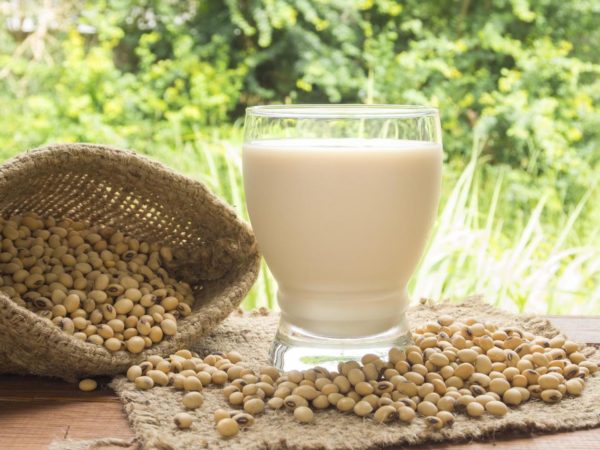Why Not Drink Milk?
I have heard that milk is not as good for us as we once thought. I love fat-free/skim milk and probably could adjust to soy or rice milk if it is healthier. What are the pros and cons?
Andrew Weil, M.D. | February 19, 2003

Updated on 3/30/2005
The notion that milk is good for all of us throughout life has been fostered by the dairy industry. Except for people of northern European origin, most adults worldwide can’t digest lactose, the natural sugar in milk. This is because as we mature, our bodies stop making the enzyme that breaks it down. As a result, many may develop gas, cramps and/or diarrhea whenever milk is consumed.
But lactose intolerance isn’t the only problem with milk and milk products. The milk protein, casein, can irritate the immune system and stimulate mucus production, worsening allergy symptoms. This is why milk consumption is associated with recurrent childhood ear infections, eczema, chronic bronchitis, asthma, and sinus conditions. Even those who are not allergic to milk, like people who have autoimmune diseases or digestive problems, may find that their symptoms improve when they eliminate milk and milk products.
Substituting soy or rice milk for cow’s milk isn’t as simple as it sounds. Rice milk contains little protein and for that reason is not a good milk substitute for children, unless you add other protein sources to their diets. Soymilk is protein-rich and can work well as a milk substitute, but you may have to experiment with different brands to find one with a taste you like. Although soy milk is high in calcium, it doesn’t provide as much as cow’s milk so look for a calcium-fortified brand. I also recommend that you buy organic soy products and look for soy milk brands that do not contain the thickening agent carrageenan, a seaweed derivative, which I do not view as safe. If you do choose to consume milk, I recommend high-quality, organic varieties.
Andrew Weil, M.D.









